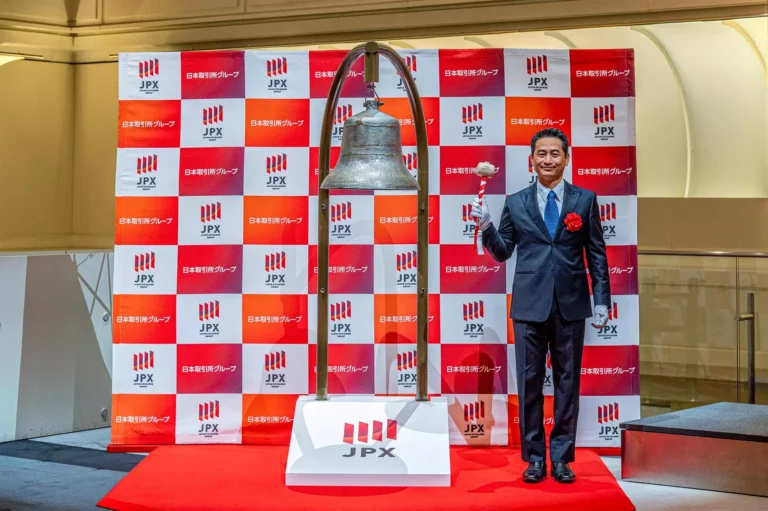Japan
Minister Nagy and Ambassador Othaka discussed Japanese-Hungarian agricultural opportunities

Hungarian foreign minister: Japanese companies important

Minister praises Japan-Hungary ties

Hungarian company developed the world’s strongest passport

Japan’s ambassador to Hungary on mutual relations, Bartók-Kodály-Liszt music, North Korea and more – INTERVIEW

Japanese business federation leader has been awarded the Order of Merit of Hungary

House of Music to host 1st Far Eastern Classical Music Festival

Speaker expresses condolences over Japan’s assassinated PM’s death

The tragic love story of Prince William and Hungarian model Zsuszi Starkloff

Foreigners vs. Hungarian food — VIDEOS

Suzuki diesel scandal in Hungary?

TOP5 most successful Hungarian music hits that conquered the world overseas – VIDEOS

Hungary aims to become the flagship of European electric car-making

V4 countries discussed science cooperation options with Japan in Budapest

Hungary issues EUR 575 m of samurai bonds

Why is Hungary in the TOP10 most expensive places to rent cars?

Bridgestone celebrates 15th anniversary of its Hungarian factory with FM
Japanese tyre maker Bridgestone celebrated the 15th anniversary of its local unit at the Bridgestone base in Környe, on the...
Restaurants to check out in Budapest if you love international food – PHOTOS





 ZH
ZH IT
IT DE
DE HR
HR NL
NL FR
FR JA
JA RO
RO RU
RU ES
ES TR
TR
